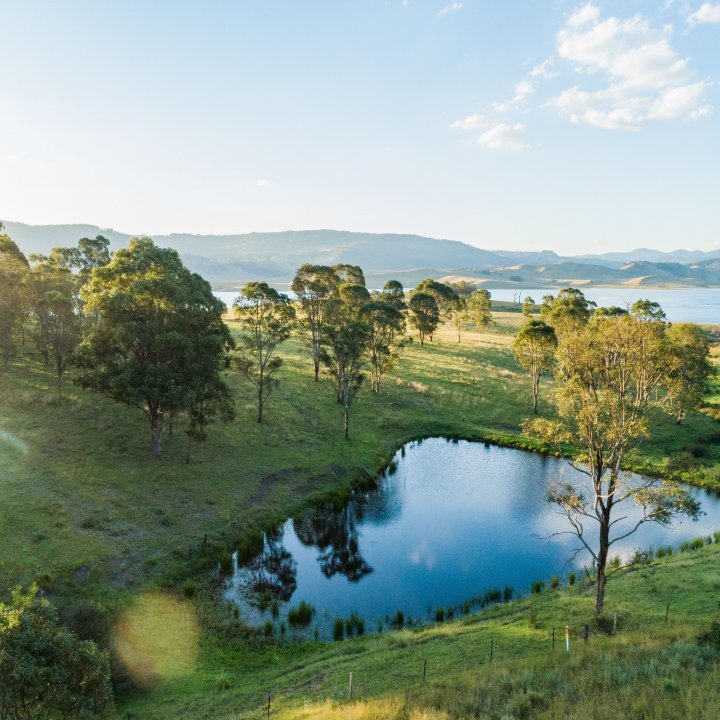Greater rewards for Sydney Water customers who conserve water
A typical Sydney Water household’s bill will fall by $80 or 7% from 1 July, as a result of decisions released today by the Independent Pricing and Regulatory Tribunal (IPART).
From 1 July 2020 the price you pay for water will depend on dam levels. While dam levels are above 60%, you will pay $2.35 per kilolitre of water you consume. But if dam levels fall below 60%, this price will rise to $3.18 per kilolitre.
This decision reflects the increased costs of supplying water in periods of scarcity, and provides a stronger reward to households who conserve water in drought.
At the same time, the total fixed charge for water and wastewater will fall from over $700 a year to about $580 a year for a typical household, so that bills remain affordable for customers.
The prices will allow for a record $4.6 billion in capital expenditure by Sydney Water over the next four years, a $1.4 billion increase relative to the $3.2 billion Sydney Water invested over the past four years.
In these difficult times, the ability to reduce water bills in Sydney while ensuring Sydney Water has the revenue it needs to maintain a safe and secure water supply has never been more critical. The drought price provides stronger incentives for customers to conserve water when it is most scarce, without locking in higher prices when dams are full.
While recent heavy rains have replenished Greater Sydney's water storages, there is still the need for considerable investment to improve Sydney’s water resilience for the future.
It is important that the utilities and the NSW Government undertake co-ordinated long-term planning to ensure we have an affordable, sustainable and secure water supply to cope with climate change and drought.
IPART decided against an Inclining Block Tariff (IBT) – which imposes a higher per unit price for large users of water.
The most important driver of a household’s water consumption is the number of people in the household. An IBT would provide less incentive for smaller households to conserve water and penalise large households. It could not be applied simply or fairly for customers in older apartments, or business customers which includes the largest water users.
Our pricing decisions provide incentives for all customers to conserve water all of the time, while ensuring that customers only pay for the additional costs of drought when necessary.
IPART’s decision is a good outcome for consumers while also encouraging responsible use of Sydney’s water supplies.
The final report on Sydney Water’s prices is available here. Other review price reports for prices to start from 1 July 2020 such as Water NSW Greater Sydney and Hunter Water are also available.


